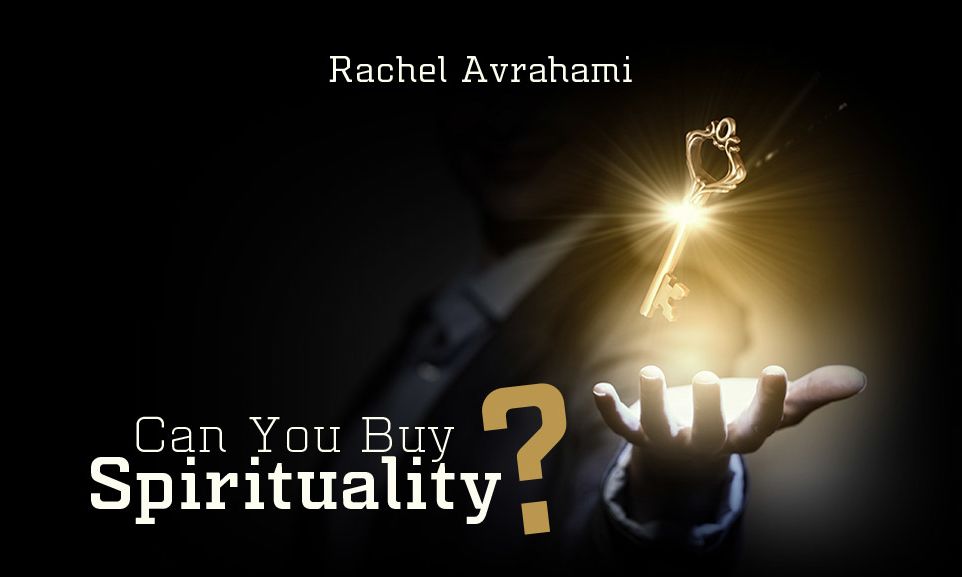
Can You Buy Spirituality?
Can you buy emuna (faith), and thus buy your ticket to heaven on earth? Rabbi Arush teaches us a great secret...

Rabbi Arush recently taught an amazing secret. It sounds simple at face value but on further consideration, it has far-reaching ramifications.
Just like there are physical laws of nature that Hashem created and sustains at will, so too, there are spiritual laws which are explained in the Torah and Oral Torah (Gemara). Hashem uses these laws to run the world and especially the Divine Providence that we see in our lives.
For instance, one law that is the foundation of the Torah and emuna and is expounded upon in The Garden of Emuna is “There is no suffering without sin.” This enables us to recognize that when we do experience suffering, we need to look to our own actions to find the root cause; after we repent, the suffering goes away. Without repentance, the suffering only increases no matter what we do because we’re ignoring the “red light” which makes the warning system only blare all that much louder… either the usual fix won’t work, or we’ll be prevented from using it, or the worst of all – it will “work” and then Hashem will send us something even worse to wake us up, G-d forbid!
So, there is another commonly known spiritual law called “midda k’neged midda” – in the way you act towards others, is the way you are treated by Hashem. Rabbi Arush discussed an offshoot of this law: “Someone who is merciful towards others, Heaven has mercy on them.”
So, if you overlook the bad points in others, choose to see their good points instead, and not “throw the book” at them even though you have every right to do so – then in Heaven, they do the same for you!
Now, Rabbi Arush brings another rule: “It is forbidden to have mercy on someone who does not have daat (knowing the truth).” This might seem cruel but consider it like this: small children do not have daat by definition. They don’t understand the basics of how the world works. Does it make sense to “have mercy” on a small child and give them a million dollars? Of course not, because they don’t know how to use it. Does it make sense to have “mercy” on a serial killer and let him back onto the streets? Definitely not – forbidden! It’s not just about “punishment” but also about protecting others. Hence the idiom “to be kind (a.k.a. have mercy) to the cruel, is to be cruel to the kind.” Because, by definition, someone who has daat is merciful, and someone who does not have daat is cruel.
So, Rabbi Arush says – what happens when someone who does not have daat, has mercy on others? Heaven must have mercy on them, but they cannot because they don’t have daat! To solve the conundrum, Heaven gives the person daat as a free gift – and now, they can have mercy on them!
Who does not need Heavenly mercy?! As I quoted Rabbi Arush in my recent article Rabbi Shimon and Mashiach, everyone has din (judgements) on them. These judgements come from our sins, and they are the root causes for our suffering.
And who does not need daat? Who doesn’t want to know the truth and live by it? As the verse says, “If you have daat, what do you lack? And if you lack daat, what do you have?” However much a person might have, they certainly need more! Daat is also an aspect of emuna – so with more emuna comes more daat, and vice versa.
But having mercy on others – not always so easy. Let me share with you a secret, an easy way to have mercy on others and thus force Hashem to have mercy on you, cancel the judgements on you that cause you so much suffering, and give you daat and emuna! It’s a spiritual rule – it has to work!
Tzedakah (giving charity)
Let me share with you an incredible story I read from a reliable source that perfectly illustrates this rule:
Italy, the afternoon before the first night of Chanukah. A small boy cries in the street, standing over a broken vase of oil on the ground, crying “What will my father say?” over and over again. Another man walks over to him, and asks him what’s the matter? The boy explains that he is Jewish, and his father gave him money to buy oil for the Chanukah lights, but he tripped, and the oil now spilled everywhere. “What will my father say? Now we have no Chanukah lights!”, the boy cried.
The man had mercy on the small child and gave him money with which to buy more oil.
That night, the man could not sleep. He tossed and turned, hearing the cry of the child over and over again in his head: “What will my father say?” He himself was a Jew, who no longer lived like a Jew at all. “And what will my Father in Heaven say about me?”, he asked himself over and over again.
The feeling did not leave him be, and he eventually completely returned to being a religious Jew who kept Torah and mitzvot fully. Every Chanukah, he would point to the bag with the shards of glass from the broken vase of oil that he had gathered the next day in the street and saved, and tell over the story of how he came back to his Father in Heaven… “What will my Father say?”
This man had had mercy on that small boy. So, in Heaven, they had to have mercy on him, so they had to give him daat – and he was given a very strong knowledge that Hashem is watching Him and has what to say about his actions! This gave him fear, which started him back on his journey to his soul. Everything came in the merit of the tzedakah he gave to the child, and that he felt that child’s pain.
This rule works for all tzedakah in whatever way you might help others. But it is so much stronger when tzedakah supports spreading emuna. This is the greatest mercy you can have on someone, because you not only feed their body, but also their soul. Countless people did not commit suicide after being introduced to emuna, countless divorces were cancelled, and thousands have come to Rabbi Arush thanking him: “You changed my life!” To which he always responds, “No, now you have begun to live.” Because Rabbi Nachman says that life without daat and without emuna, isn’t called being alive at all…
Click here to support emuna outreach around the world!
If you choose a monthly donation, you are included in Rabbi Arush’s special prayers multiple times a day for those who support emuna outreach! Plus, your names will be sent to Rabbi Arush for personal blessing once a month!
Please contact the Editor if you have any questions or to customize your donation at: rachel.avrahami@breslev.co.il or 1-626-200-1085 (forwards to Israel at no cost to you).
If you donate online yourself, please forward the donation confirmation to the Editor, along with the names for prayer, so she can ensure your names are passed to Rabbi Arush.
***
Rachel Avrahami grew up in Los Angeles, CA, USA in a far-off valley where she was one of only a handful of Jews in a public high school of thousands. She found Hashem in the urban jungle of the university. Rachel was privileged to read one of the first copies of The Garden of Emuna in English, and the rest, as they say, is history. She made Aliyah and immediately began working at Breslev Israel.
Rachel is now the Editor of Breslev Israel’s English website. She welcomes questions, comments, articles, and personal stories to her email: rachel.avrahami@breslev.co.il.


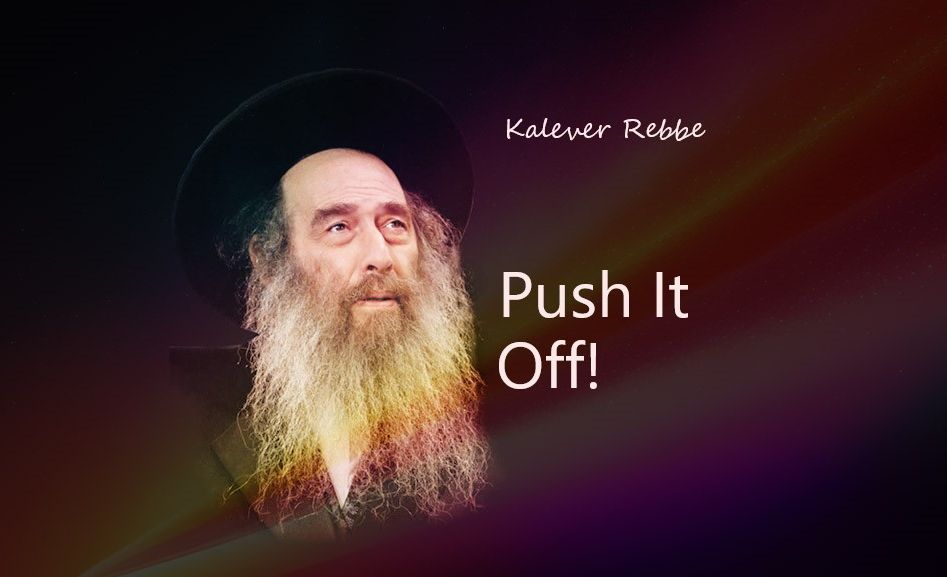
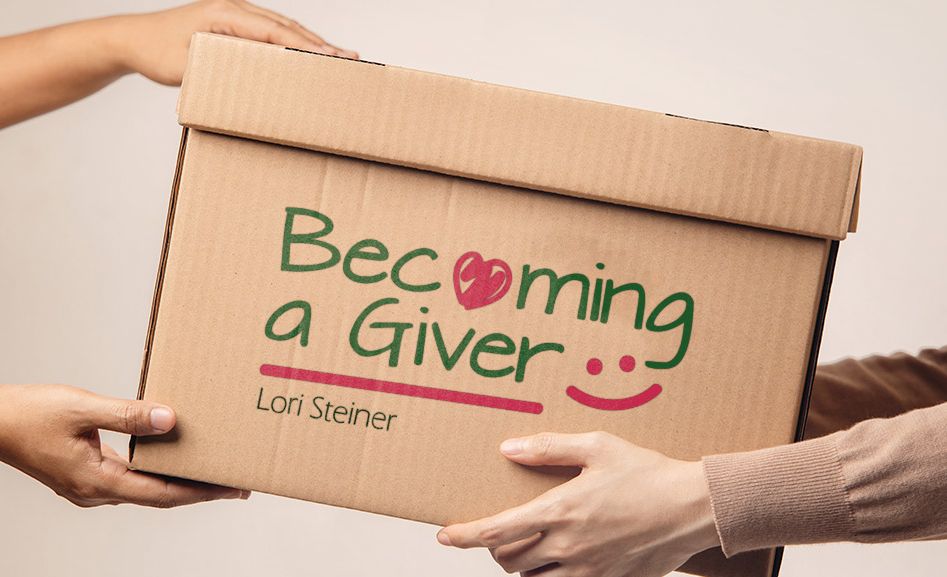
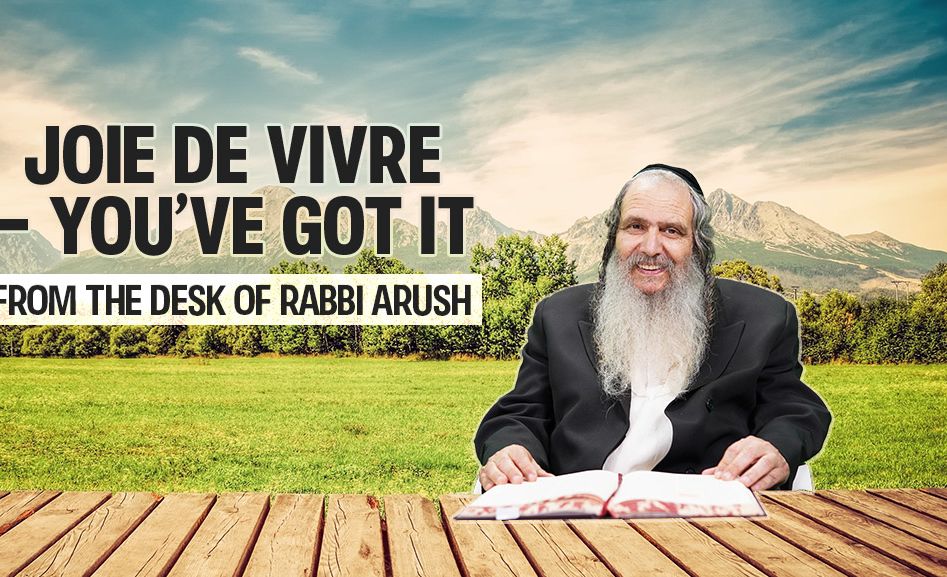
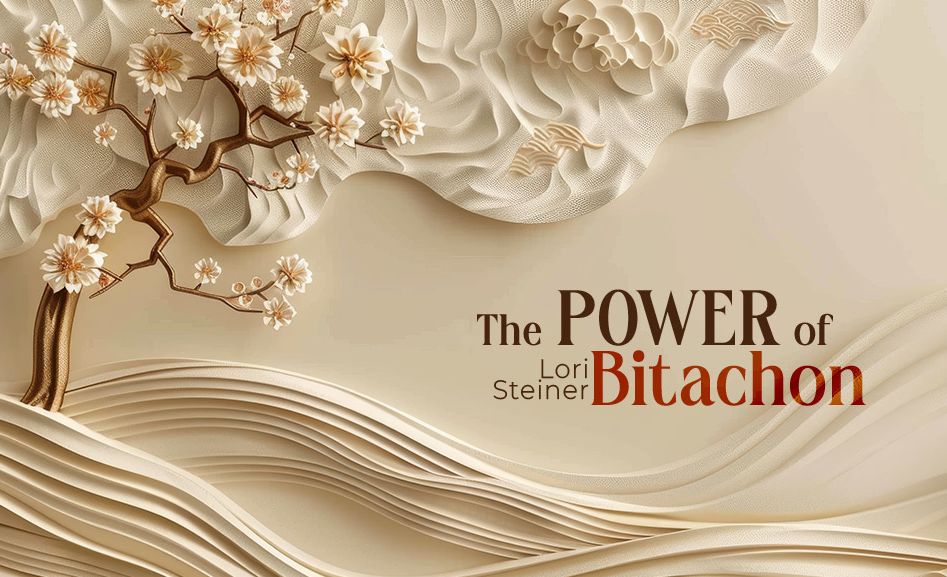
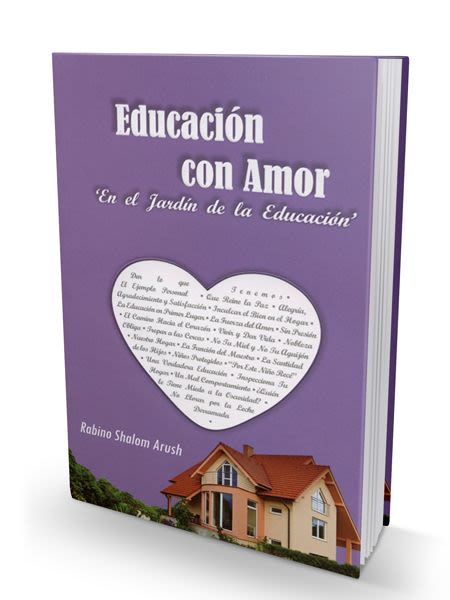
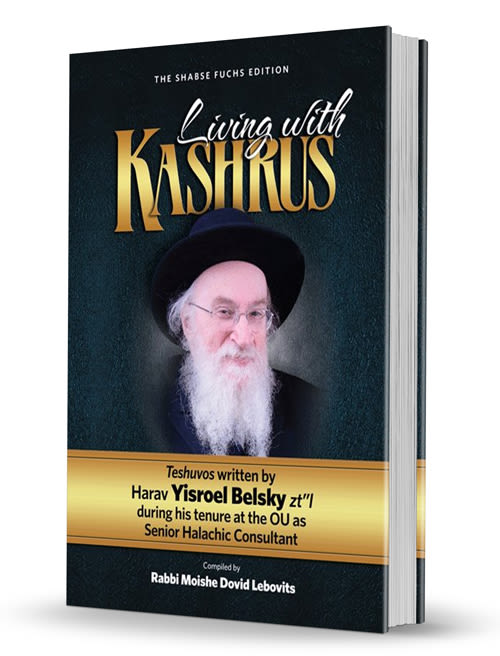
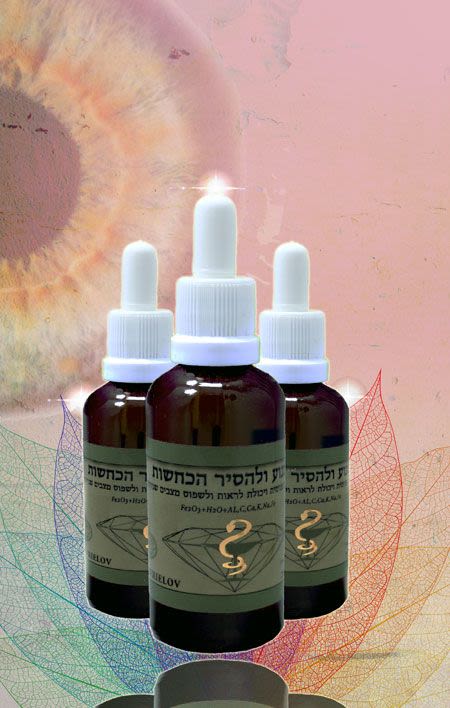
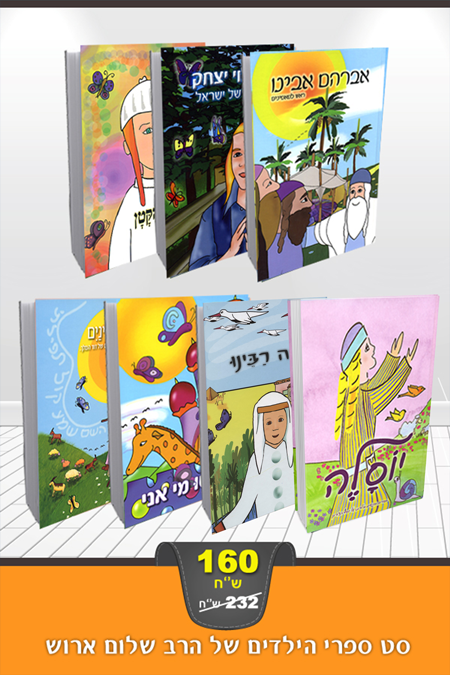
Tell us what you think!
Thank you for your comment!
It will be published after approval by the Editor.